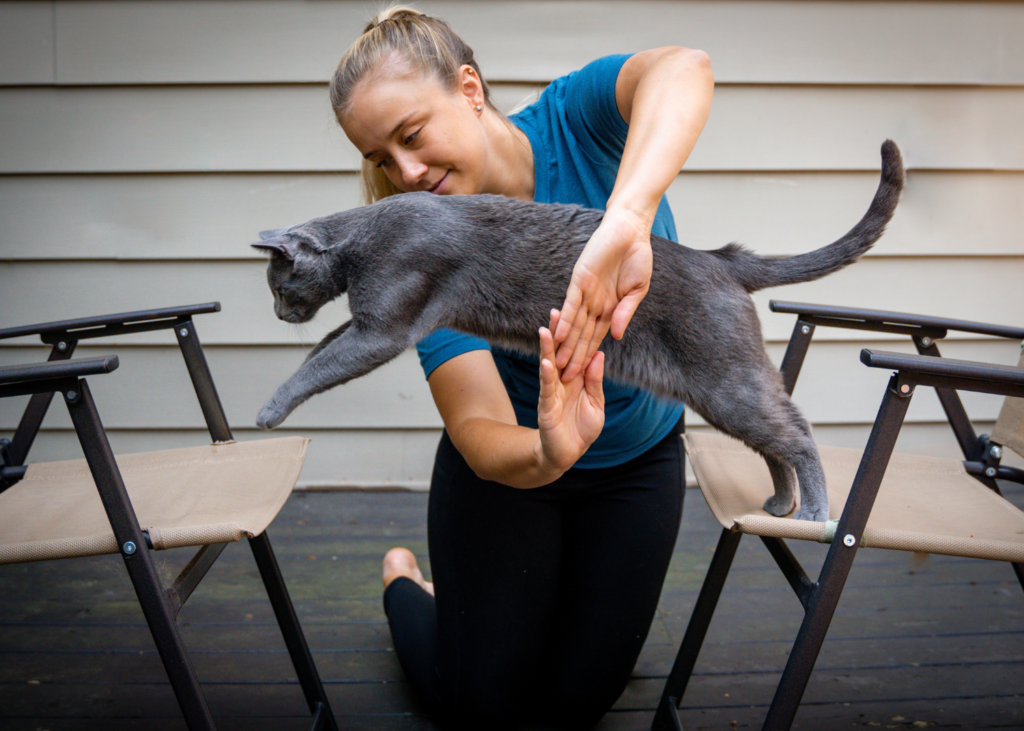Medicine: cat hair loss

Introduction
Cats are known for their beautiful, soft fur. But when you start noticing excessive hair on your furniture, clothes, or floor, it can be concerning. Hair shedding in cats is natural—but sometimes, it could be a sign of an underlying issue. In this article, we’ll explore why cats shed hair, when it’s normal, when it’s not, and how to reduce cat hair loss effectively.
Next Read: Why Is My Cat Meowing So Much?
Is Cat Hair Shedding Normal?
Yes, shedding is a natural process for cats. It helps them get rid of old or damaged hair and allows new fur to grow. Most cats shed throughout the year, especially in spring and fall as they adapt to temperature changes.
However, excessive hair loss, bald spots, or irritated skin may indicate something more serious.
Common Causes of Cat Hair Loss
1. Seasonal Shedding
Cats, like many animals, shed more during seasonal changes—particularly spring and fall. This is completely normal and not a cause for concern.
2. Poor Diet
A lack of essential nutrients like Omega-3 fatty acids, vitamins, and proteins can weaken your cat’s coat and cause more shedding than usual.
3. Stress and Anxiety
Cats often over-groom themselves when stressed, which can lead to bald patches and hair loss. Changes in environment, new pets, or loud noises can trigger anxiety.
4. Allergies
Just like humans, cats can have allergies to certain foods, cleaning products, dust, or pollen. These allergies can irritate the skin and cause shedding.
5. Parasites and Infections
Fleas, mites, or fungal infections like ringworm can damage your cat’s skin and fur, leading to visible hair loss.
6. Hormonal Imbalances or Medical Conditions
Issues like hyperthyroidism or hormonal disorders can also lead to unusual shedding. If the shedding seems abnormal, it’s best to consult a vet.
How to Reduce Cat Shedding at Home
✔️ Brush Your Cat Regularly
Use a good-quality cat brush to remove loose hair. Long-haired cats may need daily grooming, while short-haired breeds may only need brushing a few times a week.
✔️ Feed a Nutritious Diet
Ensure your cat’s diet includes high-quality protein and Omega-3 fatty acids for a healthy coat. Supplements like fish oil can also help reduce shedding.
✔️ Keep Your Cat Hydrated
Dehydration can lead to dry skin and more shedding. Always provide fresh, clean water.
✔️ Minimize Stress
Create a calm and safe environment for your cat. Use toys, cat trees, and scratching posts to keep them active and entertained.
✔️ Use Anti-Shedding Products
Special shampoos and sprays designed for shedding control can help reduce hair fall. Always choose pet-safe, vet-approved products.
When to Visit the Vet
If your cat has bald patches, red or flaky skin, wounds, or shows signs of pain or discomfort, consult a veterinarian immediately. These may be symptoms of a serious health condition.
Final Thought
Some cat hair shedding is completely normal—but if it becomes excessive or unusual, it’s important to take action. By understanding the causes and using proper care techniques, you can keep your cat’s coat healthy and reduce shedding at home.







